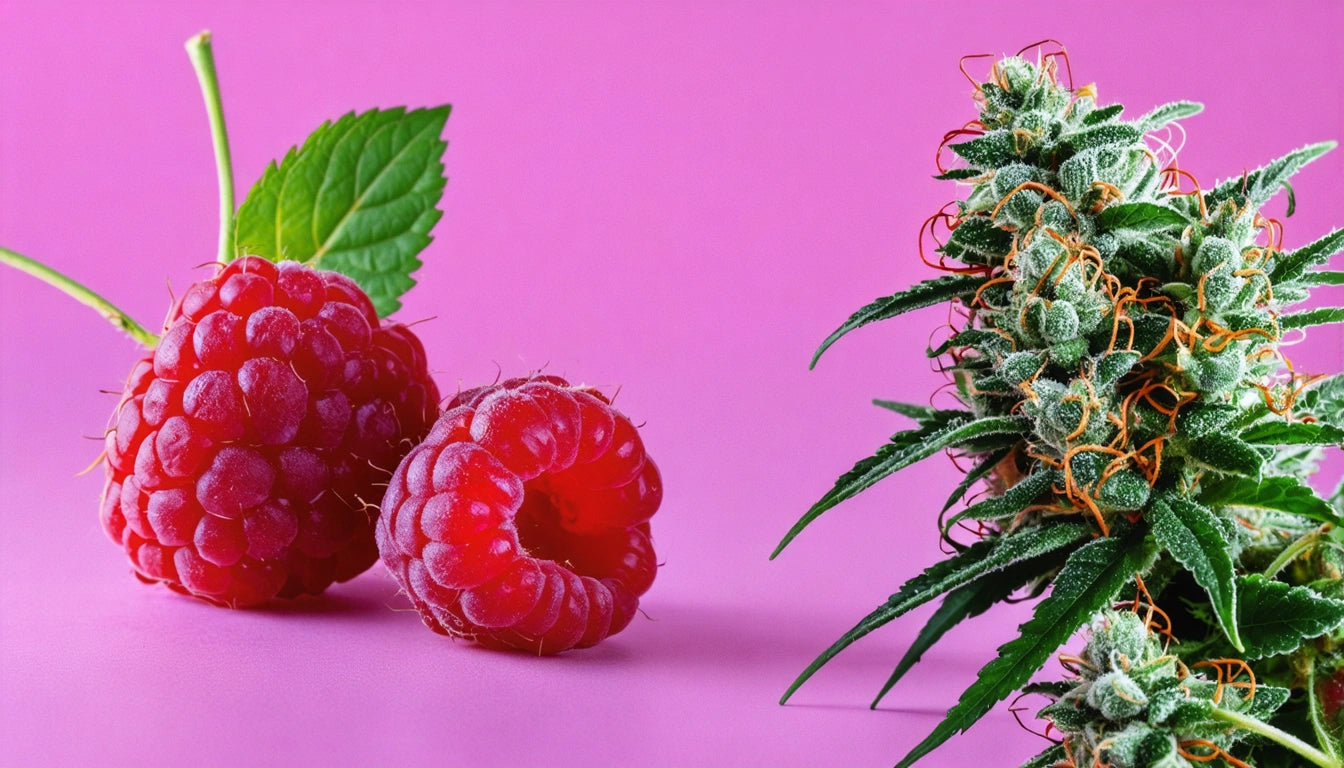Table of Contents
- The Relationship Between Cannabis and Sleep
- How THC and CBD Affect Sleep Architecture
- Cannabis and Sleep Apnea: Examining the Evidence
- Selecting the Right Cannabis Strains for Sleep
- Potential Risks of Using Cannabis for Sleep
- Best Practices for Using Cannabis as a Sleep Aid
- Emerging Research and Future Directions
The Impact of Cannabis on Sleep Quality and Sleep Apnea
Sleep disorders affect millions of people worldwide, leading many to seek alternative remedies beyond conventional pharmaceuticals. Cannabis has emerged as a popular option for those struggling with sleep issues, including insomnia and sleep apnea. But does weed affect sleep quality, and if so, how? This article explores the complex relationship between cannabis and sleep, examining both potential benefits and risks.
The Relationship Between Cannabis and Sleep
Cannabis contains over 100 cannabinoids, with THC (tetrahydrocannabinol) and CBD (cannabidiol) being the most studied. These compounds interact with the body's endocannabinoid system, which plays a role in regulating sleep-wake cycles. According to research on cannabis and sleep, these interactions can have varying effects depending on dosage, timing, and individual factors.
The question of whether does weed affect sleep has a complex answer. For some users, cannabis promotes relaxation and sleep onset, while for others, it may disrupt sleep patterns over time. The relationship depends heavily on:
- Cannabinoid profile (THC:CBD ratio)
- Terpene content
- Dosage and consumption method
- Individual tolerance and sensitivity
- Underlying health conditions
How THC and CBD Affect Sleep Architecture
THC and CBD influence sleep architecture differently. THC typically reduces the time it takes to fall asleep but may alter REM sleep, the phase associated with dreaming. A study referenced in this article on cannabis and dreams suggests that THC can suppress REM sleep, potentially reducing dream recall and intensity.
CBD, on the other hand, appears to have a more balancing effect. It may help regulate sleep-wake cycles without significantly altering sleep architecture. For those wondering if does weed cause sleep apnea, preliminary research suggests that CBD's anti-inflammatory properties might actually help reduce some sleep apnea symptoms rather than cause them.
Cannabis and Sleep Apnea: Examining the Evidence
Potential Benefits for Sleep Apnea Patients
The question of whether can weed help sleep apnea has garnered increasing scientific attention. Sleep apnea is characterized by interrupted breathing during sleep, often resulting in poor sleep quality and daytime fatigue. Some research suggests that certain cannabinoids may help by:
- Reducing inflammation in respiratory pathways
- Modulating serotonin signaling, which affects breathing regulation during sleep
- Relaxing muscles to potentially reduce obstruction
When preparing cannabis products for medicinal use, precision is crucial. Many producers rely on specialized filling equipment for consistent dosing to ensure patients receive reliable and repeatable effects, especially important for those using cannabis to address serious conditions like sleep apnea.
Is There a Risk?
For those concerned about whether can weed cause sleep apnea, current evidence doesn't support this connection. However, smoking any substance can irritate the respiratory system, potentially exacerbating existing sleep-disordered breathing. This highlights the importance of consumption method when using cannabis for sleep issues.
Selecting the Right Cannabis Strains for Sleep
Not all cannabis is created equal when it comes to sleep effects. Certain strains are more likely to promote sedation and relaxation. Typically, indica-dominant varieties with specific terpene profiles (particularly those rich in myrcene, linalool, and terpinolene) are associated with sleep-inducing effects.
Popular sleep-promoting strains include:
- Northern Lights
- Granddaddy Purple
- Purple Kush
- Tahoe OG
- 9 Pound Hammer
For more comprehensive information on strain selection, this guide on cannabis strains for sleep provides detailed recommendations based on sleep issues.
Potential Risks of Using Cannabis for Sleep
While cannabis may offer benefits for sleep, it's important to consider potential drawbacks:
Tolerance and Dependence
Regular use can lead to tolerance, requiring increasing amounts to achieve the same sleep-inducing effects. Some users report rebound insomnia when discontinuing cannabis after prolonged use.
Altered Sleep Architecture
As discussed in this analysis of cannabis and sleep quality, THC can reduce REM sleep. While this might benefit those with PTSD who experience nightmares, reduced REM sleep may impact cognitive functions and emotional processing over time.
Morning Grogginess
Some users experience a "hangover" effect, particularly with high-THC products consumed close to bedtime. This can result in morning fatigue and reduced alertness, as explored in this article on cannabis and energy levels.
Best Practices for Using Cannabis as a Sleep Aid
For those considering cannabis for sleep issues, these guidelines may help maximize benefits while minimizing risks:
- Start with low doses and gradually adjust as needed
- Consider CBD-dominant products for less psychoactivity
- Consume 1-2 hours before bedtime rather than immediately before sleep
- Choose consumption methods that avoid respiratory irritation
- Maintain consistent sleep hygiene practices alongside cannabis use
- Take regular tolerance breaks to prevent dependence
It's also advisable to consult healthcare providers, particularly for those with diagnosed sleep disorders or other health conditions.
Emerging Research and Future Directions
Research on does weed help sleep apnea and other sleep disorders continues to evolve. Synthetic cannabinoids designed specifically for sleep disorders are under investigation, with some showing promise for conditions like sleep apnea. As cannabis regulations change globally, we can expect more rigorous clinical trials examining specific cannabinoid formulations for various sleep disturbances.
The future may bring more targeted cannabis-based sleep medications with optimized cannabinoid ratios and delivery systems designed to address specific sleep disorders while minimizing unwanted side effects. Until then, individuals using cannabis for sleep should stay informed about emerging research and work with knowledgeable healthcare providers when possible.











Leave a comment
All comments are moderated before being published.
This site is protected by hCaptcha and the hCaptcha Privacy Policy and Terms of Service apply.